Uncategorized
-
 Climate
ClimateAustralia’s wildfires have now been linked to climate change
Australia’s devastating 2019–2020 wildfires were at least 30 percent more likely due to human-caused climate change.
-
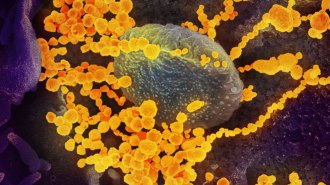 Health & Medicine
Health & MedicineAs the coronavirus outbreak evolves, we answer some key questions
As the new coronavirus spreads, we are updating this FAQ with the latest on the race to understand the virus and stop the growing global health crisis.
-
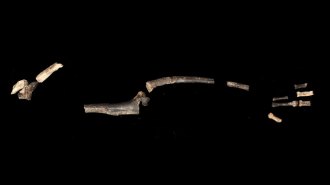 Anthropology
AnthropologyThe ancient hominid species that includes ‘Nutcracker Man’ may have made tools
Newly described hand, arm and shoulder fossils suggest that Paranthropus boisei had powerful arms with hands capable of making simple tools.
By Bruce Bower -
 Health & Medicine
Health & Medicine6 key coronavirus numbers you should know
COVID-19 cases and deaths are going up around the world. Here are numbers to help you understand the outbreak.
-
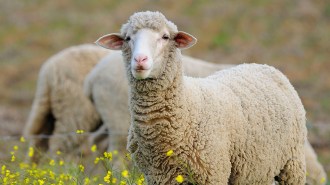 Neuroscience
NeuroscienceBrain waves common during sleep also show up in awake sheep
Sleep spindles, thought to help solidify memories in people, may do similar work during wakefulness if these daytime ripples occur in humans.
-
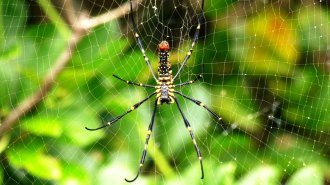 Animals
AnimalsBright yellow spots help some orb weaver spiders lure their next meal
Experiments with cardboard arachnids suggest that orb weaver spiders have evolved yellow colorations on their undersides to attract bees and moths.
By Yao-Hua Law -
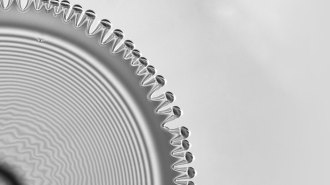 Chemistry
ChemistryEvaporating mixtures of two liquids create hypnotic designs
Through the magic of surface tension, mixtures of two liquids form fingerlike protrusions and other patterns as droplets evaporate.
-
 Space
SpaceCecilia Payne-Gaposchkin revealed stars’ composition and broke gender barriers
The book ‘What Stars Are Made Of’ celebrates the life of astronomer Cecilia Payne-Gaposchkin.
-
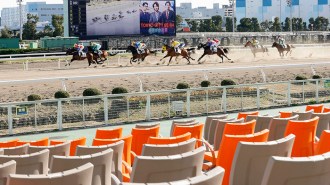 Health & Medicine
Health & MedicineWhat the new phase of the coronavirus outbreak in the U.S. means for you
U.S. health experts warn there are probably many undetected COVID-19 cases already here, raising chances the disease will soon be widespread.
-
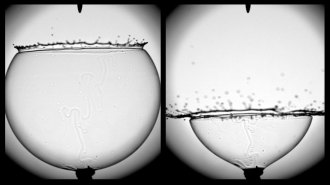 Physics
PhysicsListening to soap bubbles pop reveals the physics behind the bursts
The quiet, high-pitched sound made by a popping soap bubble reveals the forces that occur during the bubble’s demise.
-
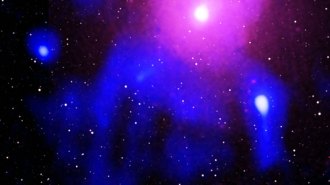 Space
SpaceA black hole eruption marks the most powerful explosion ever spotted
Hundreds of millions of years ago, a black hole blasted out roughly 100 billion times as much energy as the sun is expected to emit in its lifetime.
-
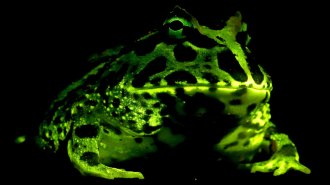 Animals
AnimalsGlowing frogs and salamanders may be surprisingly common
A widespread ability to glow in striking greens, yellows and oranges could make amphibians easier to track down in the wild.